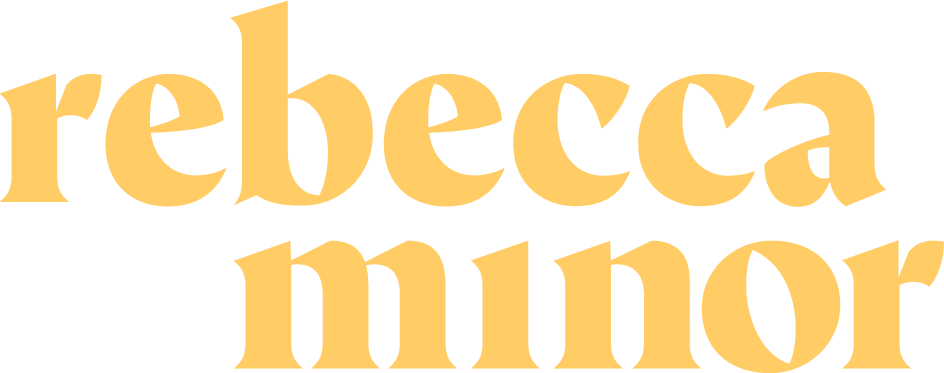Humans Over Habits; Prioritizing Identities Over Discomfort
Whether it’s about names or pronouns, the challenges I hear from cisgender people are often the same:
“It’s just so hard”
“It doesn’t feel grammatically correct”
“We’ve just been calling her that for so long”
Many of them want to be supportive.
They want to make an effort but change is hard.
They want to be better about it but something gets in the way.
Change Is Hard
Changing habits can be a difficult task for many people. Habits are deeply ingrained patterns of behavior that we have developed over time, sometimes decades, and they can be hard to break. One of the reasons why changing habits is so challenging is that they are often tied to our emotions and feelings. As you can imagine, the emotions surrounding a person's new name and pronouns can sometimes get in the way of change. Change requires effort, willpower, and commitment. When we aren’t totally bought into a change, it makes it awfully hard to commit to breaking that habit.
Here’s the thing, someone you care about is telling you who they are and asking you to grow with them.
Honoring Identities
Honoring someone's identity is a fundamental aspect of treating them with dignity and respect. It's important to understand that when someone shares their identity with you, they are entrusting you with a significant and personal aspect of themselves. It's crucial to meet that trust with respect and understanding, even if it may cause some discomfort. When someone is not recognized or respected for who they are, it can make them feel invisible, unimportant, and invalidated. By honoring someone's identity, you are communicating that you see them, hear them and that their existence matters.
You Don’t Have To Agree
Honoring someone's identity does not mean you have to agree with everything they say or do. You don’t even have to believe that this will be their name and pronouns forever. But making the effort to call someone by their name and pronouns means that you respect their right to self-identify and to express themselves in a way that feels authentic to them.
Discomfort As An Opportunity
It's natural to feel uncomfortable when we are faced with something that challenges our deeply ingrained beliefs or perspectives. However, it's important to remember that discomfort is letting us know there is something more to understand here. It may be worth noticing where the resistance to change is coming from. What beliefs are stopping you? Do you think this is a phase? Is it inconvenient for you? Whose discomfort are you prioritizing? The discomfort of changing a habit is a small price to pay for the well-being of others.
See Them As They Are
Attempts to change the habitual patterns of behavior will only work when you do the work to see the person for who they are. You can practice and have the best of intentions but if you still see your daughter as your son, changing pronouns will continue to be a challenge. If you still see your student as a cis-girl rather than the non-binary identity that has been disclosed to you, using their new name will be hard. I want to be clear: the person asking you to honor their identity does not bear the responsibility of performing gender for you so that is not a legitimate excuse either!
It is now your work to do to see people when they tell you who they are and let go of the patterns of the past.
P.S. Yes, mistakes happen! You are human after all. Apologize and move on without making it all about you!
Resources to learn more about LGBTQ+ identities and be a better parent or caregiver:
To download a PDF of gender and sexuality terms click here.
Has a kid in your life recently come out to you? Check out my guide!
Sign up for How To Talk To Kids About Gender, the course that helps parents and caregivers have the not-so-difficult conversations that matter about gender.
